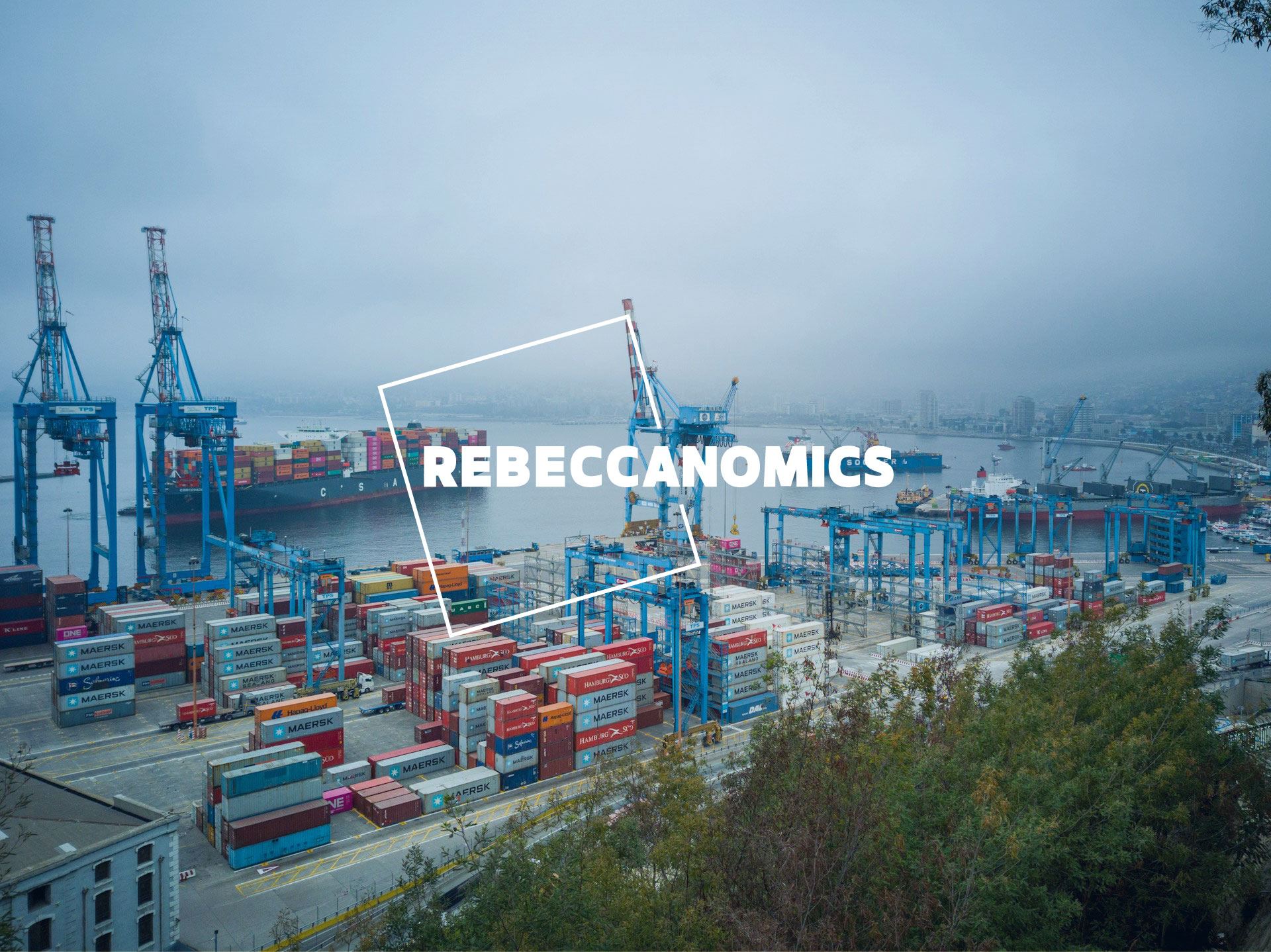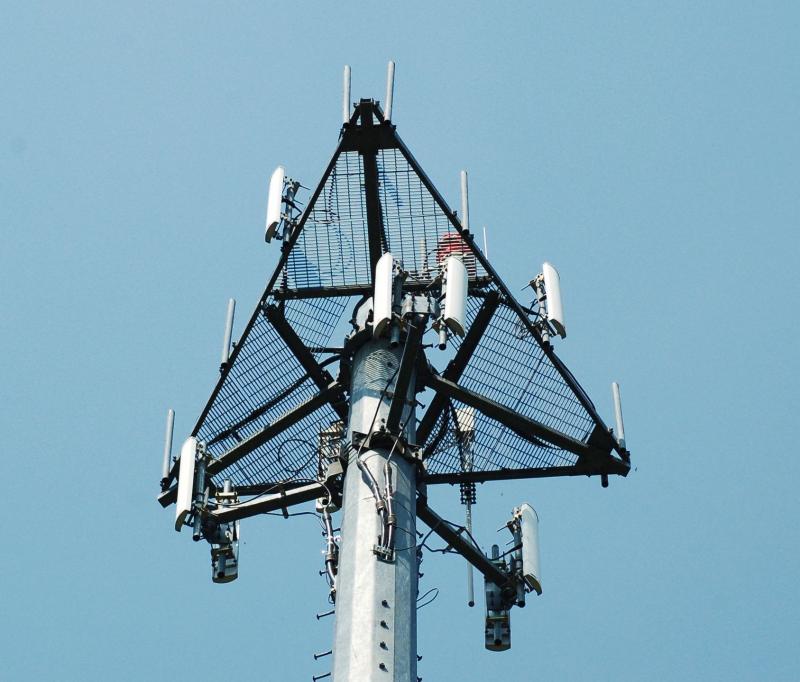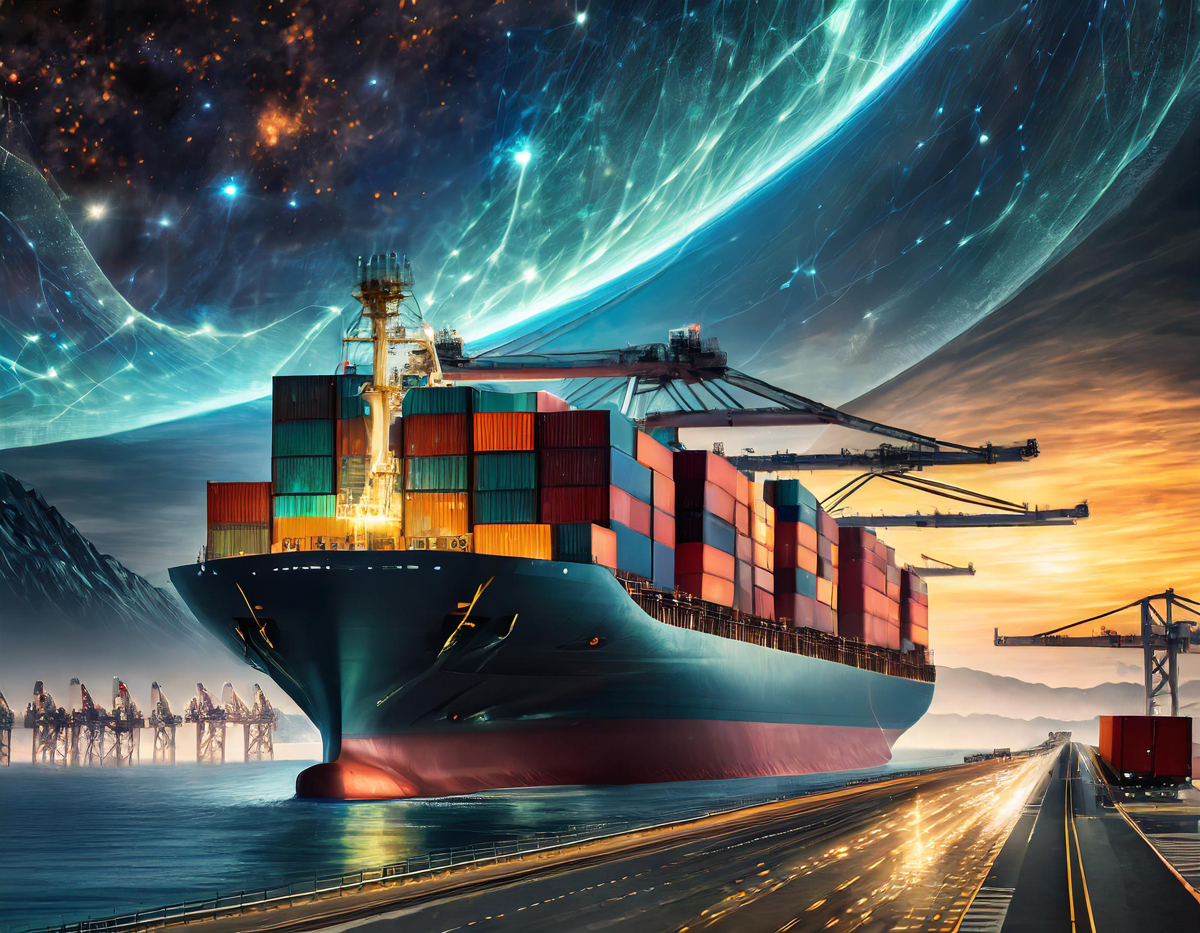
UK & DE Freight in 2024 and Beyond: A Supply Chain Logistics Case Study
Dive into the future of UK & DE freight: Adaptation, green logistics, and technological innovation shaping 2024 and beyond.

The rollout of 5G wireless networks is gaining steam globally. But discussions often focus on benefits to consumers in advanced economies – like downloading movies in seconds. The transformative economic and social potential of 5G for developing countries receives far less attention. Ultrafast and stable connectivity could unlock innovations that save lives, drive growth, and empower the disadvantaged.
With savvy policy and public-private partnerships, developing nations can harness 5G to accelerate progress across multiple Sustainable Development Goals – from Good Health and Quality Education to Climate Action and Reduced Inequalities. This “5G for Impact” opportunity should be a centerpiece of emerging economy digital strategies. But to realize the vision, key obstacles must be addressed.
It is hard to overstate the power of reliable high-bandwidth mobile connectivity. 5 G’s massive data capacity and low latency enables breakthrough applications. In healthcare, 5G can drive telemedicine allowing remote diagnosis and monitoring. Remote surgery could also benefit. Sensors and wearables connected to 5G networks generate life-saving real-time alerts. VR and AI promise to enhance medical training where doctors are scarce.
In education, 5G gives students limitless access to online learning resources, experts and collaboration. ‘Smart classroom’ applications support personalized instruction. Augmented and virtual reality create immersive experiences impossible pre-5G. And ‘twinning’ connects urban and rural schools globally.
Environmental sustainability applications are also proliferating – from dense sensor arrays monitoring nature to AI analytics combating wildlife trafficking and illegal logging by processing camera footage in real-time. Precision agriculture leveraging 5G-enabled data analysis could also reduce fertilizer waste and water usage.
Even in finance, 5G could expand credit scoring through alternative data from mobile usage, enabling greater financial inclusion. And across sectors, 5G provides the connectivity essential for advanced IoT, AI and cloud computing to transform organizations.
But realizing these benefits will not be simple. Building 5G networks demands huge capital investment. Many poorer nations lack the spectrum availability and infrastructure to support dense small cell networks. Remote and rural regions present deployment difficulties. And to maximize social impact, operators must prioritize solutions for underserved communities, not just profitability.
Governments can enable 5G-for-development by freeing up spectrum, subsidizing infrastructure rollout, streamlining regulations, and fostering policies like open access models. Foreign aid and partnerships with organizations like the World Bank should prioritize 5G connectivity initiatives the same as fundamental utilities like roads and electricity.
With creativity and commitment, win-win policies are achievable. 5 G’s potential is too great to leave under-exploited. The technology promises to transform nearly every sector vital for inclusive growth and sustainable development. The world must begin looking at 5G through the lens of enabling human progress, not just faster Netflix.

Dive into the future of UK & DE freight: Adaptation, green logistics, and technological innovation shaping 2024 and beyond.

Join Dr. Rebecca Harding in a crucial discussion on sustainability in economics. Dive into why regulators must evolve GDP metrics to include sustainability for an accurate portrayal of our climate challenges and the journey towards actionable global solutions.

Explore the intricate relationship between trade fragmentation, geopolitics, and supply chain resilience with Dr. Rebecca Harding. Learn why understanding the political landscape is crucial to making economic sense and how strategic trade is shaping the 21st-century battleground.

Uncover the strategic necessity of Supply Chain Resilience in our latest piece by Dr. Rebecca Harding. Discover how today’s trade becomes a domain of warfare and why intelligence in supply chains forms the New Tradecraft in safeguarding national security.

Discover how biometric technology could revolutionize global trade, offering seamless and secure cross-border transactions by reducing inefficiencies at customs and immigration, with real-time tracking and smart contract integrations, promising a future of frictionless international commerce.

Decentralized finance innovations could eliminate inefficiencies and increase transparency across global supply chains. But what are the challenges to mainstream adoption?

With sufficient coordination, shared biometric databases could allow automated frictionless passenger and cargo tracking across borders.

Cyber warfare is emerging as a potent tool for states to destabilize rival economies. But what are its limits compared to conventional coercion?
Contact
Services
About
Insights
Rebecca’s Bio
Terms and conditions
Privacy